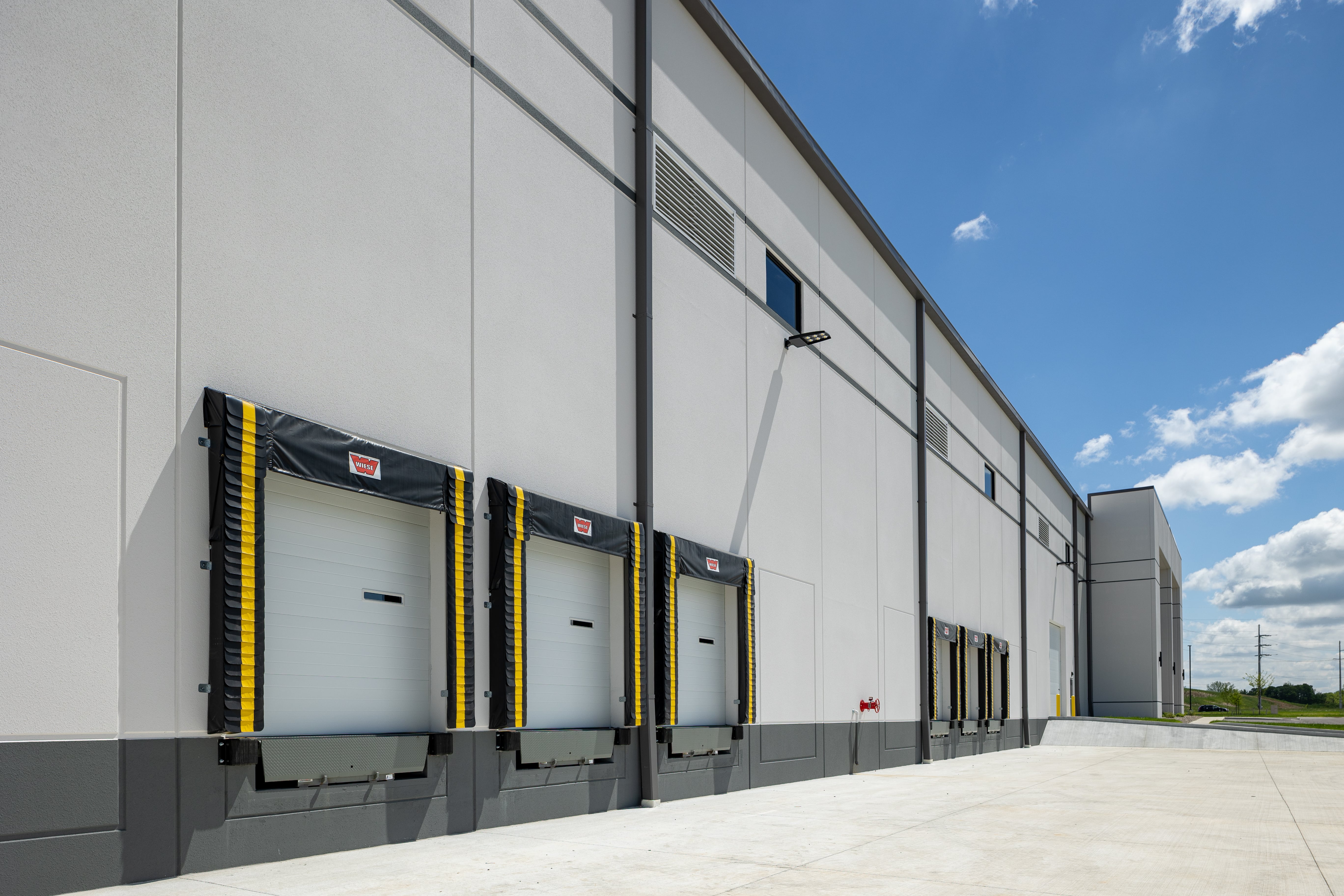

When it comes to securing commercial real estate, one of the most important decisions for both landlords and tenants is whether to opt for a short-term or long-term lease. While long-term leases were the standard before the pandemic, shifting market conditions, remote work trends, and changing business models have led to a surge in the popularity of short-term leasing.
What Is a Short-Term Lease?
Short-term leases in commercial real estate typically span from less than a year to five years. These arrangements have grown in popularity, particularly among startups, retail pop-ups, and businesses operating in uncertain or seasonal markets.
For tenants, short-term leases offer considerable flexibility. Companies can test a location before fully committing, easily relocate if a space doesn't meet their needs, or scale operations up or down based on demand. This makes short-term leasing especially attractive for growing businesses or those responding to evolving market conditions. However, this flexibility comes at the cost of stability. Tenants may face challenges in long-term planning and budgeting, and landlords may restrict modifications to the space, making it harder for businesses to tailor the premises to their brand or operations.
From a landlord’s perspective, short-term leases can be advantageous as they often allow for higher rental rates. Additionally, they offer the chance to evaluate tenants before entering into long-term commitments. That said, frequent turnover can lead to increased vacancy periods, ongoing marketing and advertising efforts, and time-consuming lease negotiations—all of which contribute to higher management overhead.
What Is a Long-Term Lease?
Long-term leases generally extend for more than five years, with some ranging from 10 to 25 years or more. These agreements are most common in industrial, logistics, and manufacturing sectors where businesses require long-term stability and heavily customized spaces.
For tenants, the greatest advantage of a long-term lease is predictability. A fixed, secure location allows for better business planning and often results in cost savings, as landlords typically offer incentives such as lower rental rates, rent-free periods, or contributions toward property improvements. With a long-term commitment, tenants are also more likely to receive approval to customize or upgrade the space to fit operational needs, adding further value to the lease.
However, the downside for tenants is the reduced flexibility. If market conditions change or the company needs to relocate, expand, or downsize, getting out of a long-term lease can be complicated and expensive. In periods of economic instability—such as during a pandemic—a fixed lease with predetermined rates may become a financial burden that some businesses cannot sustain.
For landlords, long-term leases provide financial security. Knowing that a space is occupied for a set number of years ensures consistent cash flow, reduces the effort needed to find new tenants, and allows more time to focus on property maintenance and enhancing tenant relationships. However, long-term leases often require lengthy and complex negotiations and landlords must be cautious of locking in lease rates that may become unfavorable if the market shifts significantly over time.
Factors to Consider When Choosing a Lease Type
Ultimately, the right lease term depends on several factors including your business maturity, industry requirements, growth strategy, and risk tolerance.
Startups and businesses in growth or transition phases may prefer short-term leases due to the agility they offer. In contrast, established companies looking for long-term operational stability may find greater value in a longer lease term. Additionally, current market conditions, tenant incentives, and landlord flexibility should also influence your decision.
Choosing between a short-term and long-term commercial lease is a decision that hinges on your unique business needs and long-term goals. Short-term leases provide the ability to stay nimble in a rapidly changing market, while long-term leases deliver the security and consistency that many businesses depend on for sustained success. Landlords and tenants alike should carefully evaluate the trade-offs of each option, considering not just current needs but also future plans. Seeking professional advice from a commercial property advisor or legal expert is strongly recommended to ensure the lease agreement aligns with your operational and financial priorities.